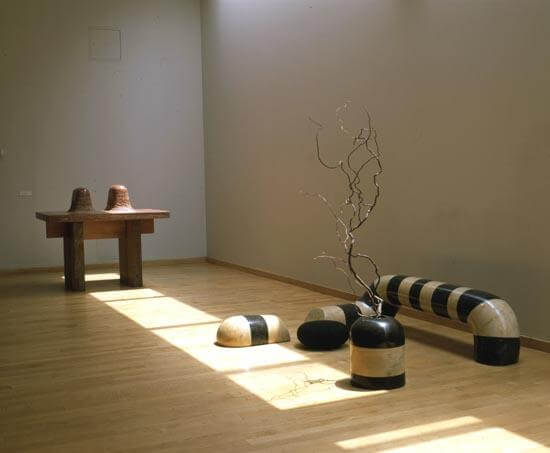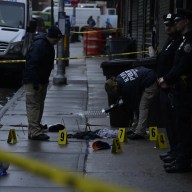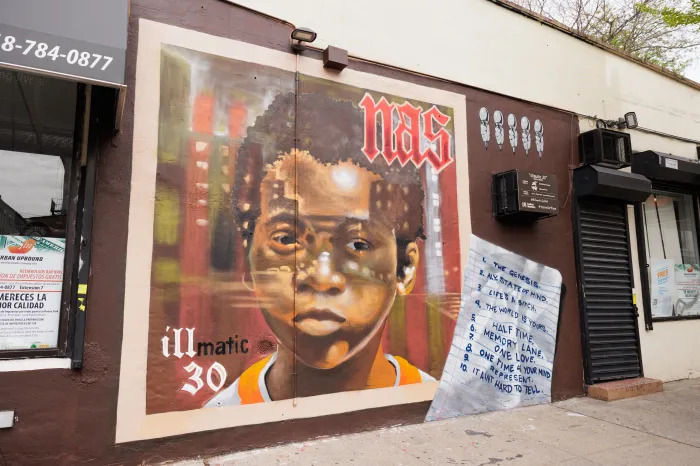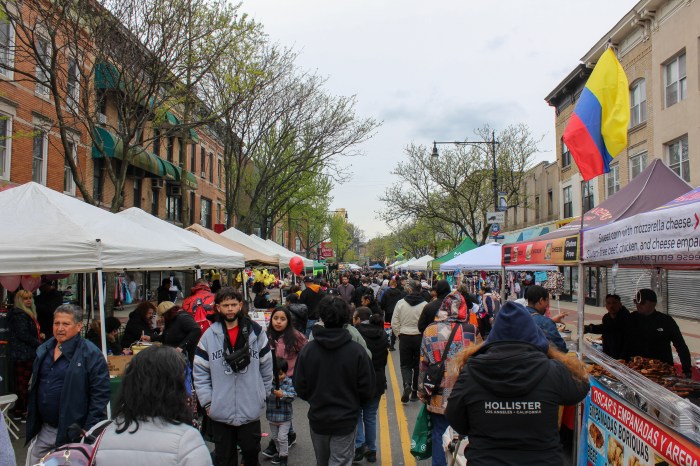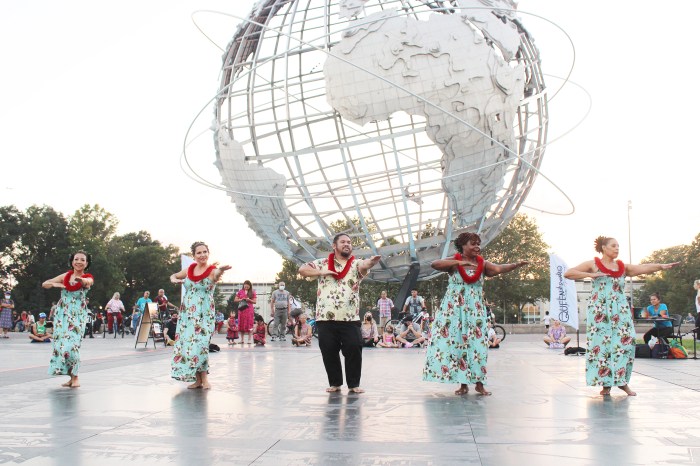By Priscilla Aviles
They say things improve with age and for the renowned Noguchi Museum located in Long Island City this saying proves true. With the second phase of the museum’s renovation complete and the reinstallation of Isamu Noguchi’s original works, this legendary institution has gone from remarkable to bordering on perfection.
The 40,000-square-foot museum, founded and designed by multimedia artist, landscape architect and longstanding Queens resident Isamu Noguchi, first opened in 1985 and houses 10 indoor galleries and an outdoor sculpture garden that brings paradise to New Yorkers and visitors from around the world.
In 2001 the Noguchi Museum underwent the first phase ofthe renovation process that ended in 2004, making the building accessible year round. The second half of the 18-month restoration was completed Tuesday. The outcome is an enhancement of the museum’s garden with a new wall and windows, a reconstructed entrance pavilion, and the climatization of part of the second floor, which means that now the museum will be able to borrow works from other institutions.
For those who have been to this exhibition since its grand opening more than two decades ago, it may be hard to fathom how something so incredible could actually improve but, according to the museum’s curator, Bonnie Rychlak, that’s precisely the point.
“People who’ve been here before and come back will see the changes as subtle,” she said. “We did not want any dramatic changes.”
Rychlak, an artist in her own right, has been the curator for about a decade but possesses a deep understanding of Noguchi, who she worked with him for about 30 years.
Walking throughout the museum, which many consider to be Noguchi’s greatest work, one gets the feeling that subtle is exactly how he would have preferred the enhancements. This quiet space of serenity — so serene, in fact, that Noguchi chose to have his ashes buried in the garden — speaks volumes about what kind of man Noguchi was throughout his lifetime.
According to Rychlak, Noguchi “was somebody who worked seven days a week, 12 hours a day. He never traveled unless it meant a job or work. He was a very uncompromising and passionate artist about what he did.He was one of the great figures of 20th century sculpture.”
Thankfully, he chose to create a space where his major contributions to art are on display year round. The garden is one of the most unique showcases of Noguchi’s drive for perfection. From the skillful layout of the garden to the way his sculptures and stones are placed throughout, every plant, tree, bamboo stalk and flower make one feel as if she or he were walking and sitting in a painting and create a feeling of deep tranquility within.
When asked about what visitors can expect from the garden after the improvements, Rychlak said “they will be able to see the work and the garden in a state of perfection, something that has really not been the case for many years.”
The feeling of serenity extends indoors where the meticulous placement of Noguchi’s sculpture, drawings, light displays, photographs, installations and everything in between closely mirrors the original layout that he himself positioned.
Withmore than 200 pieces of artwork on display that are considered his permanent collection because he created a catalog for them, Rychlak said “the reinstallation will show the museum as it was when it opened. We hope to bring back and put in place all of the works as they were when Noguchi was alive.”
Since Noguchi was one of the 20th century’s most critically acclaimed sculptors, the museum, “gives people an opportunity to see how one person has been able to bring together so many seemingly different practices and do them all so well,” Rychlak said. “This is one of the most unique museums in the United States and it sits so nicely in Queens because Queens is so diverse and Noguchi himself was so diverse. I think there’s something here for everybody.”
The Noguchi Museum is located at: 33rd Road at Vernon Boulevard in Long Island City. For more information please visit: https://www.noguchi.org or call (718) 204-7088.

